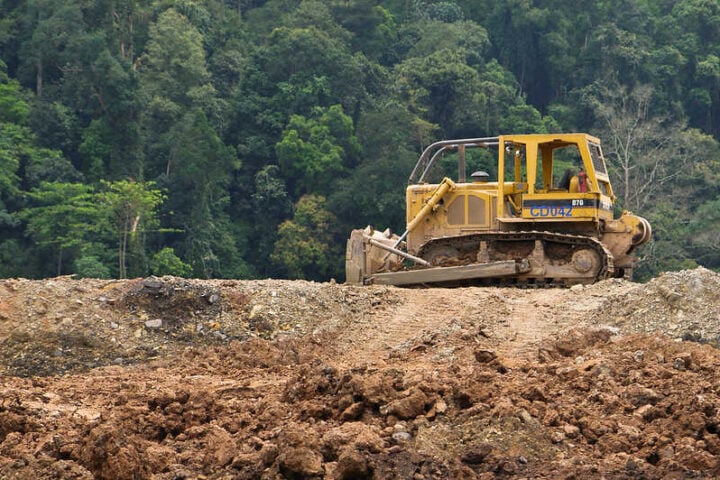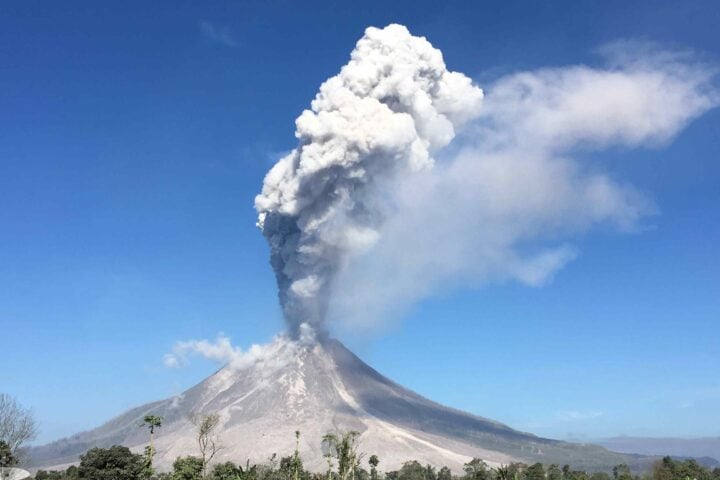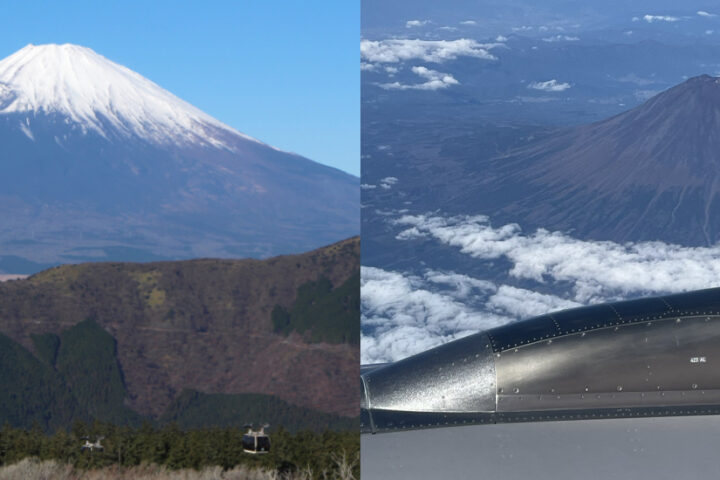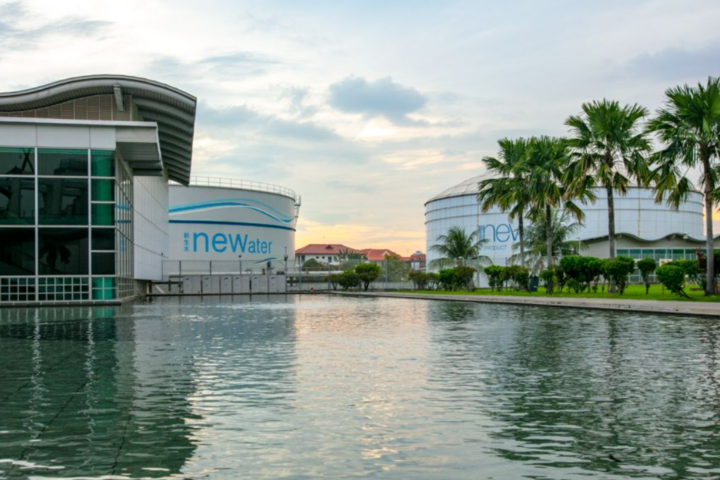The proposed discharge of treated wastewater from the Fukushima nuclear plant into the ocean has sparked a global debate. Countries such as Japan, China, South Korea, and North Korea are objecting to the plan. While Japan and the International Atomic Energy Agency (IAEA) assert that the plan meets international safety standards, objections raised by neighboring nations and local fishing communities highlight concerns regarding environmental impact and public health.
North Korea’s Call for International Action:
North Korea’s Land and Environment Protection Department has urged the global community to prevent Japan from discharging treated wastewater into the ocean, describing it as a harmful and aggressive move that endangers the Earth’s home. This objection, reported by state media outlet KCNA, underscores the escalating tensions surrounding Japan’s proposed action and calls attention to the need for international cooperation and dialogue.
China’s Strong Criticism:
China, a neighboring country, has vehemently opposed Japan’s plan, citing potential risks to marine life and human health. Beijing deems endorsing such a proposal “unacceptable,” despite Japan and the IAEA ensuring minimal environmental impact. In response, Chinese customs authorities have announced the continuation of a ban on food imports from ten Japanese prefectures, including Fukushima. Additionally, stricter radiation tests will be enforced on food imports from the remaining regions of Japan. China’s emphasis on safety concerns underlines the complexities of managing potential long-term consequences.
South Korea’s Evaluation and Public Outcry:
South Korea initially expressed reservations but later approved Japan’s proposal after conducting its own evaluation. The decision comes amid recent efforts to improve bilateral relations between the two Northeast Asian countries. However, this approval has faced public backlash, with hundreds of people protesting in South Korea’s capital, demanding that Japan abandon its intentions. The tensions surrounding this issue highlight the delicate balance between regional relations, safety concerns, and public sentiment.
Addressing Potential Impacts:
International scientists have expressed concerns regarding the release of treated wastewater, particularly in relation to the potential buildup of tritium, a radioactive hydrogen isotope, in marine ecosystems and food chains through bioaccumulation. While the IAEA argues that similar processes are employed globally for wastewater containing low-level concentrations of tritium, the lack of comprehensive long-term safety studies raises questions about potential ecological and human health consequences. “The IAEA will continue to provide transparency to the international community making it possible for all stakeholders to rely on verified fact and science to inform their understanding of this matter throughout the process,” Rafael Mariano Grossi, Director General of IAEA said.
Similar Post
Critical Questions and Future Considerations:
As Japan moves forward with its plan to release treated wastewater, critical questions remain. How can the concerns of local fishing communities be addressed to safeguard their livelihoods? Are there alternative solutions to manage the accumulated radioactive wastewater that have been thoroughly explored? How can international cooperation and dialogue be fostered to mitigate tensions and ensure comprehensive assessments of potential impacts? These questions call for further examination and transparent communication among stakeholders.
Bottom of the Radiation Anxiety:
The proposed release of treated wastewater from the Fukushima nuclear plant into the ocean has generated substantial debate and raised valid concerns. While Japan, backed by the IAEA, maintains that the plan adheres to international safety standards, objections from neighboring countries and local fishing communities underscore the complexity of balancing environmental safety, regional relationships, and socio-economic considerations. Ongoing evaluations, comprehensive studies, and open dialogue are essential to addressing the lingering questions surrounding the long-term impact of this controversial decision. Only through collaborative efforts can a path forward be found that ensures both environmental protection and the well-being of affected communities.


















